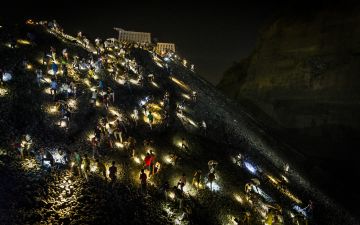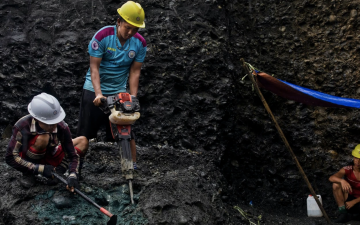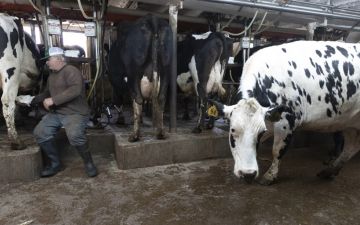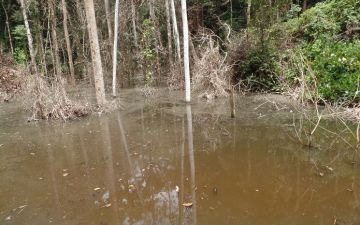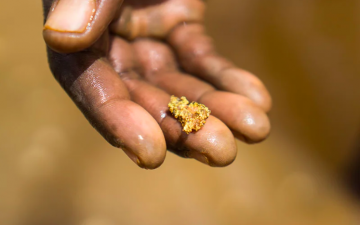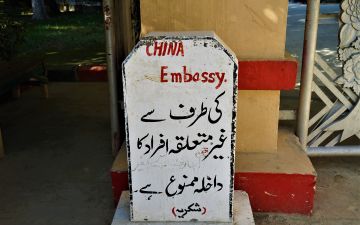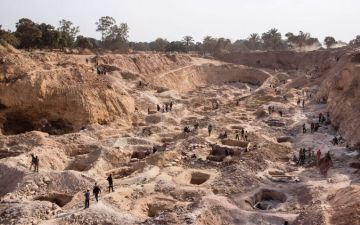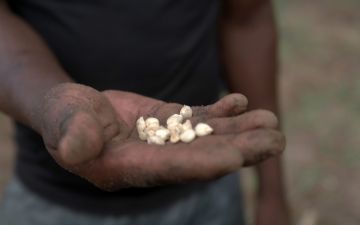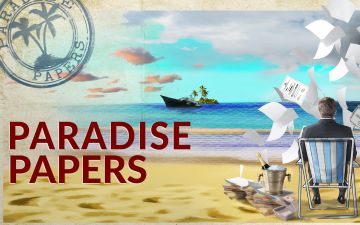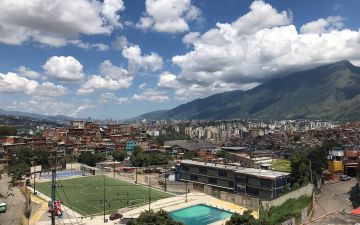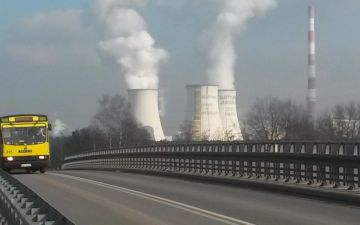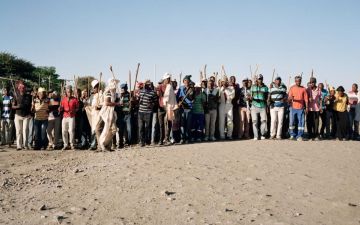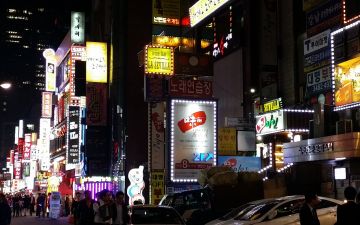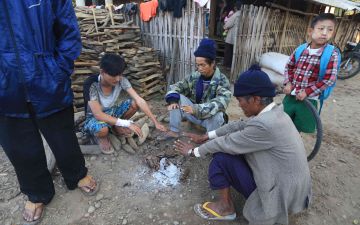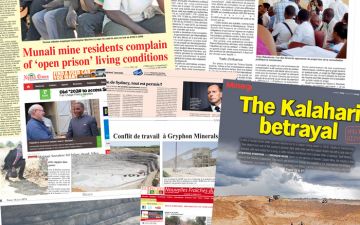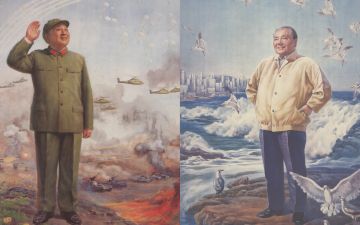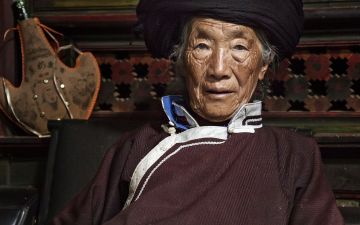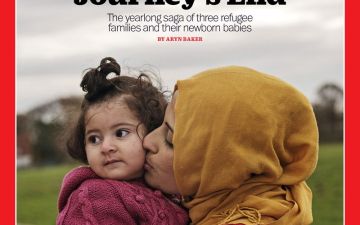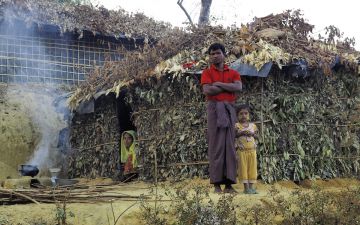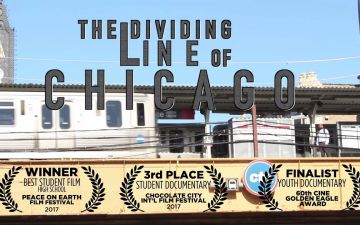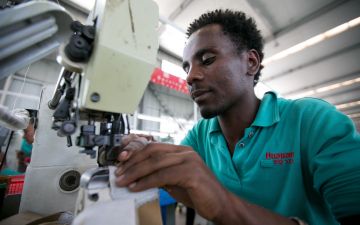Behind almost every product we buy and the GDP numbers we worry over, there is a story whose trail crosses the globe. Every physical product starts as raw material somewhere, from the gold in our jewelry to the shrimp at our favorite restaurants and the minerals within our mobile phones and laptops.
The rapid industrialization of countries like India, China, and Brazil and a voracious consumer culture in Europe, the United States and Japan mean ever greater demand for these raw materials—and ever greater pressures on the individuals, communities, and environments that bear the cost of providing them.
These local costs too often remain hidden. They are obscured by companies and governments that put a premium on production and exports. They are little understood by consumers, whose concept of "price" and "value" does not include damage done to people and places far away.
Trade is an effort to make those connections plain, to show the true costs of producing the commodities that have become essential to our lifestyles but that we mostly take for granted. These reports touch on goods and challenges across the globe that share a common theme: the implications of a vision of endless prosperity set against the reality of a finite planet.
